- 4648
- 0
Sharing Ideas and Updates on LPG in Nigeria and related information to enable effective collaboration within the LPG Value Chain
Federal Government Bans Exportation Of Cooking Gas To Tackle Soaring Prices

In a bid to combat the surging prices of liquefied petroleum gas (LPG), commonly known as cooking gas, the Federal Government has taken a decisive step by banning its exportation. This move aims to bolster domestic supply and subsequently drive down prices across the nation. The announcement came from the Minister of Petroleum (Gas), Ekperikpe Ekpo, during a crucial gathering of internal stakeholders in Abuja on Thursday, February 22, 2024.
In recent months, the cost of cooking gas has seen a notable escalation, burdening households across major cities in Nigeria. Reports indicate that prices have soared to unprecedented levels, reaching between N17,000 and N18,000 for a cylinder, a significant surge from the N9,000 range observed just a few months prior. This alarming spike in prices has raised concerns among consumers and stakeholders alike, prompting urgent action from the government.
Addressing journalists at the workshop, Minister Ekperikpe Ekpo outlined the government's strategy to tackle the issue head-on. One of the primary measures involves prohibiting the exportation of domestically produced LPG. By halting exports, the government aims to redirect the entirety of production towards meeting local demand, thereby increasing supply within the country. This influx of supply is anticipated to exert downward pressure on prices, providing relief to consumers grappling with the financial strain of high cooking gas costs.
The Minister emphasized the importance of ongoing dialogue with key stakeholders in the gas sector. Collaborative efforts between the government and entities such as the Nigerian Midstream and Downstream Petroleum Regulatory Authority, as well as industry operators like Mobil, Chevron, and Shell, are integral to implementing effective solutions. Through these engagements, the government seeks to address underlying issues contributing to the price hike and ensure the smooth execution of the export ban.
The workshop, themed "Harnessing Nigeria’s Proven Gas Reserves for Economic Growth and Development," underscores the broader economic implications of the government's actions. By prioritizing the domestic market and fostering a conducive environment for gas utilization, Nigeria aims to leverage its abundant gas reserves as a catalyst for economic prosperity. Initiatives such as tax incentives for gas-related imports further demonstrate the government's commitment to driving growth in the sector.
As discussions continue and collaborative efforts intensify, there is optimism that the measures undertaken by the government will yield positive outcomes. Minister Ekperikpe Ekpo's reassurance of regular engagements with regulators and industry players reflects a proactive approach towards resolving challenges and ensuring sustainable progress. Through concerted action and effective policy implementation, the government endeavors to stabilize cooking gas prices and alleviate the burden on consumers.
Here is our perspective on the subject matter here at LPG in Nigeria, the recent ban on LPG exportation by the Federal Government marks a significant turning point in the country's energy landscape. As a vital component of countless households and businesses across the nation, LPG has long played a crucial role in powering kitchens, industries, and vehicles, serving as a clean and efficient alternative to traditional fuels.
However, in recent times, the soaring prices of LPG have posed formidable challenges to both consumers and stakeholders within the industry. With costs reaching unprecedented levels, accessibility and affordability have become pressing concerns, threatening the sustainability of businesses reliant on this essential resource and burdening households already grappling with economic strains.
The Federal Government's decision to curtail the exportation of LPG signals a proactive response to address these burgeoning issues. By prioritizing domestic supply and channeling production towards meeting local demand, the government aims to alleviate the strain on consumers and stabilize prices across the country. This strategic move not only fosters energy security but also underscores a commitment to fostering economic growth and development through the harnessing of Nigeria's abundant gas reserves.
While the ban on exportation offers a promising avenue for mitigating the challenges facing the LPG sector, its effectiveness hinges on seamless implementation and sustained efforts. Collaborative engagement with stakeholders, including industry players and regulatory bodies, remains paramount to navigate potential hurdles and ensure the smooth execution of the government's directives.
As LPG stakeholders navigate this evolving landscape, there is cautious optimism for a more favorable future. By extension, what we can do at this point is wait and hope that this initiative proves productive for the general Nigerian populace. The ban on exportation represents a crucial step towards reinvigorating the domestic market and revitalizing the industry, offering renewed hope for businesses and consumers alike. With concerted action and strategic initiatives, Nigeria's LPG sector stands poised to overcome present obstacles and emerge stronger, contributing to a cleaner, more sustainable energy future for the nation.
We want to hear your opinion on this subject matter!!! Please make sure to comment below.
Sources: Nairametrics and Punch Newspaper.





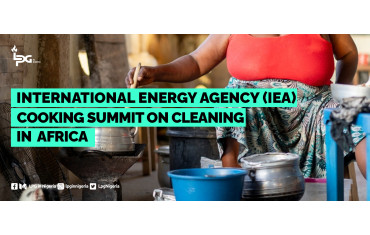
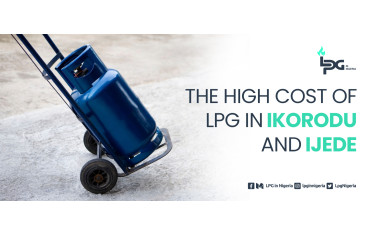
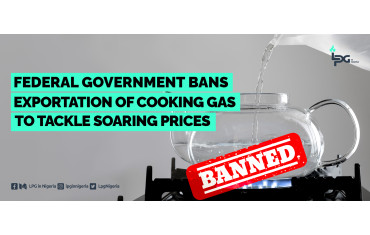

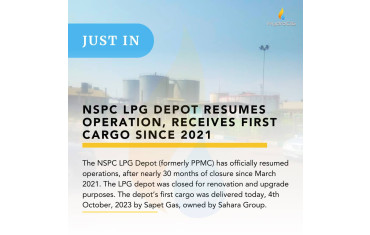
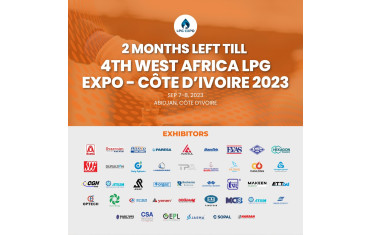
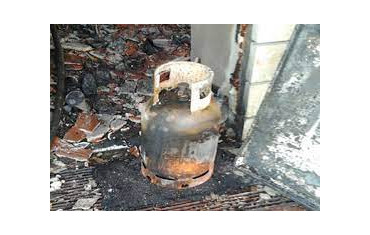




0 Comment.